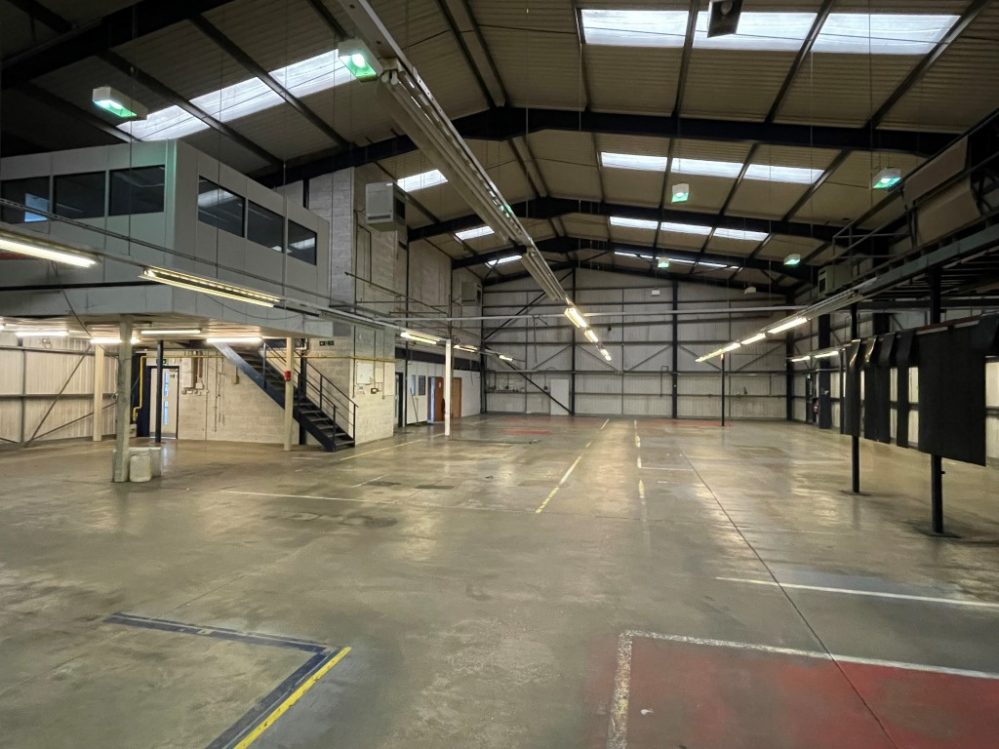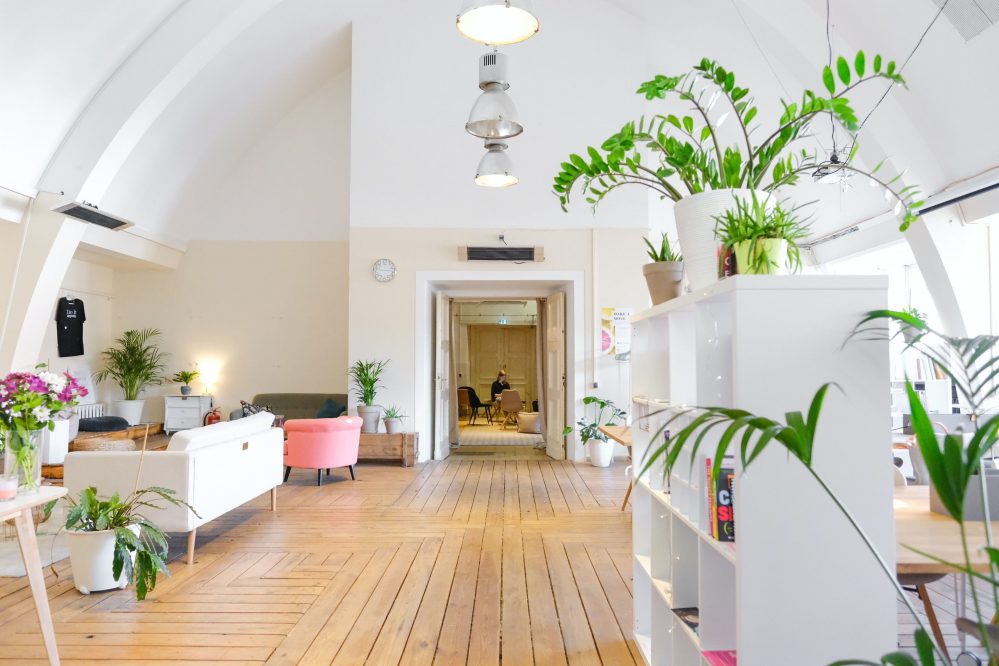Entrepreneurial spirit fuelling Manchester's office demand
PallMallA "go for it" attitude amongst entrepreneurs is fuelling
increasing demand for office space in Manchester.
A
report by Colliers International on the Manchester office
market shows increasing demand in the first half of 2013,
particularly for offices in the Piccadilly, Castlefield and
Northern Quarter areas.
An average deal size of 3,290 sq. ft. reflects a high level of
activity for small-medium sized office spaces, which Collier
believes can be attributed to SME owners pushing through growth
plans delayed by the recession:
"You could describe this trend as the 'go for it' factor as
entrepreneurial business owners decide to take space for the first
time or expand in existing or new offices after sitting on their
hands throughout the downturn," said Rupert Barron, director at
Colliers International.
"They've had enough of stagnation and believe that improving
prospects for the economy shown in a raft of economic data prove
that now is the time to enact growth plans that have sat on a shelf
gathering dust."
"Emphasis in the city centre remains firmly upon the sub 10,000
sq. ft. market which continues to underpin demand. There is
increasing evidence of expansion amongst occupiers in that size
band who are beginning to seek additional space.
"Occupiers which have previously been reluctant to invest
capital in expansion are now expressing confidence in the wider
regional and national economic picture."
The supply of office space in Manchester remains constrained by
lack of supply, with availability down 15 per cent in the last year
and likely to decline further. New build projects should help to
temper this dearth, with projects underway to redevelop the former
Odeon cinema site into 131,000 sq ft of offices and construction of
Allied London's 1 Hardman Street at Springfields.
The wider Manchester market is promising, with Colliers' report
demonstrating that year-to-date office take-up is likely to surpass
1m sq. ft. for the first time since 2010. Renewed investment from
investors has seen vacancies fall and average rental prices rise,
providing good returns for commercial property firms. Many
landlords are refurbishing properties in response to demand for
better quality accommodation.
As Manchester does battle with local neighbours Liverpool to
become the creative hub of the North
West, more and more money is being attracted into the area,
benefiting from a pool of skilled University graduates and a
positive culture for industry and trade.
Manchester is currently the largest
commercial property sector outside of London. The latest Manchester
Monitor research report has highlighted that improvements still
need to be made to employment opportunities if the city is to
continue its recent successes:
"This month's collective economic data is broadly positive,
although it shouldn't mask the fact that Greater Manchester is
still facing many outstanding challenges," said Dr Alexander Roy,
head of economic research at New Economy.
"The labour market is a particular sticking point, with 4.5% of
the working population still claiming jobseekers allowance despite
consecutive monthly declines in this area.
"Attracting and retaining new jobs into Greater Manchester is
key to tackling this important issue. Success stories such as last
month's Regional Growth Fund bids for Greater Manchester's textile
industry and scientific research base, demonstrate the real
potential to develop employment opportunities at a range of skills
levels across the conurbation.
"More achievements like these will help to bolster business
confidence; boosting economic growth and improving employment
levels."
—
Pall Mall Estates have a wide range of low cost commercial properties across the UK.
Take a look at our available spaces here or get in touch with our experienced team here.







